The global energy crisis, exacerbated by the war in Ukraine and the consequent impact on commodity markets, has put pressure on the EU Green Deal.
Weaning the continent off Russian gas, only to increase coal and oil is a significant but necessary compromise.
While the EU’s Farm to Fork policy has come under some pressure, the greatest challenge could be ahead, as the continent likely faces into the most challenging production season of this crisis.
Grain prices have fallen from the heights of last spring, but input prices, in particular fertiliser, remain high and may impact on yields in the season ahead depending on availability and application.
Energy market
What we are seeing in agricultural markets to some degree has mirrored what we have seen on the energy market.
Speaking last week, David Laborde of the International Food Policy Institute said, to some extent, in agriculture we are seeing the same debate with a very ambitious farm to fork agenda that is trying to make European agriculture greener and on which the organic pillar is central.
But we have to be careful, organic and green is not similar, he said.
Laborde does not think that this crisis will change the trajectory that the CAP is now built on, noting that the target of decarbonising the European economy is here to stay.
Questions to be answered in EU
However, he raised some key questions, which arguably have not yet been sufficiently debated or indeed answered within the EU.
The question of food sovereignty and how much food is to be produced within the EU is key.
While the EU’s own farm to fork analysis has raised the risk of offshoring food production, there is no political consensus on whether this is a likely outcome.
Critically, policy makers and legislators have not acknowledged whether this is an acceptable consequence and outcome for the EU.
A second question is the extent to which the EU continues to see the Ukraine as reliable suppliers and if it wants to support the rebuilding of the Ukrainian economy and its farm sector by buying more agricultural product from it in the future.
Laborde says the question is if this will be too risky for the EU and notes that this will not just be an economic choice, but also a geopolitical one. Ultimately, the EU cannot say no.
Likely impact of Europe’s organic policy
The key questions will be where we produce and also how we produce food.
Laborde noted that we should not be so naive about organic farming, because it leads to lower yields than traditional farming.
“Of course you can mitigate this, but if it is giving the same productivity, farmers will all shift to organic farming because they get the better price for their output and they have to spend less on their inputs. If you don’t, it will lead to lower productivity,” said Laborde.
If more organic in Europe means lower productivity, Europe will have two choices. Basically, lower its food consumption, reduce livestock consumption and reduce the amount of animal feed.
He noted how much meat or dairy product is consumed in Europe in the end will be a decision for the consumer.
Alternatively in Europe, we are going to have to import more agricultural product. If we do not produce the food, it will have to come from somewhere else, such as Latin America or Africa.
There are important trade-offs according to Laborde. What is important for European stakeholders is to understand those trade-offs.
There is no miracle solution. Ultimately, the decision is if society is ready to adapt to the new situation, where even in Europe this year you have the impact of drought that is reducing, for example, the wheat production in France.
So the idea that Europe can go organic and all the food production can stay in Europe is not even credible.




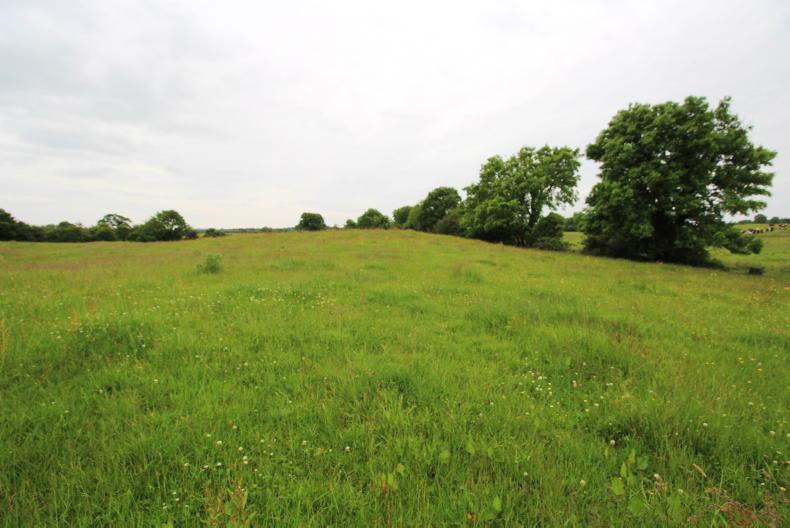
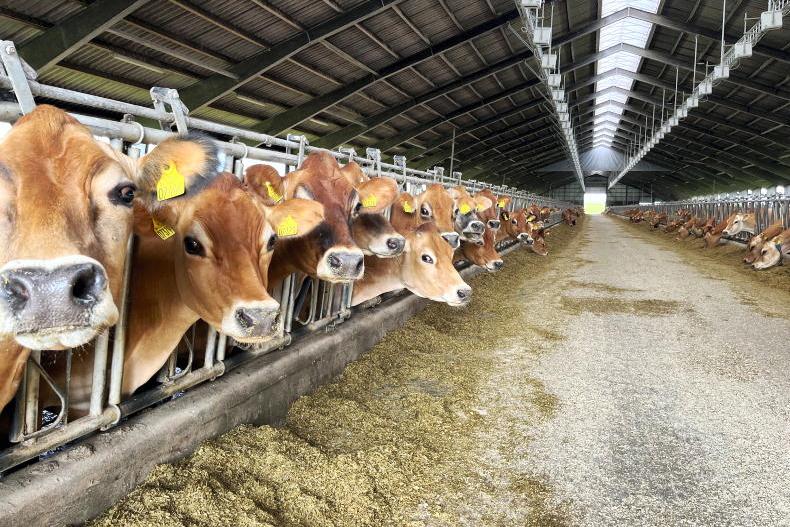
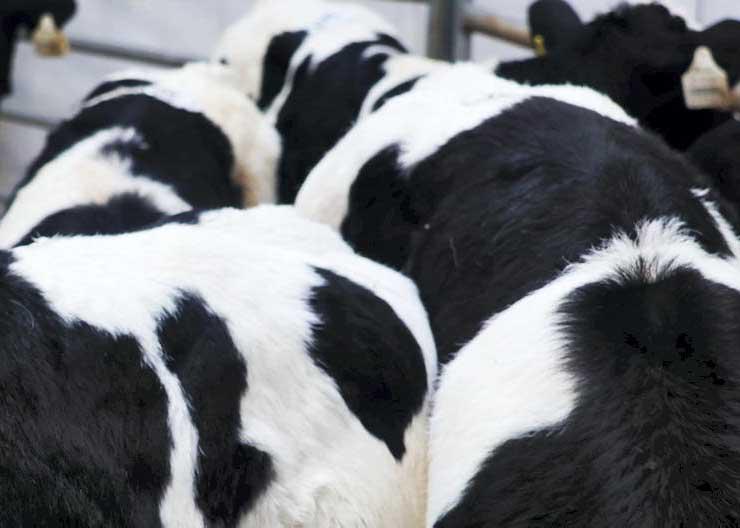
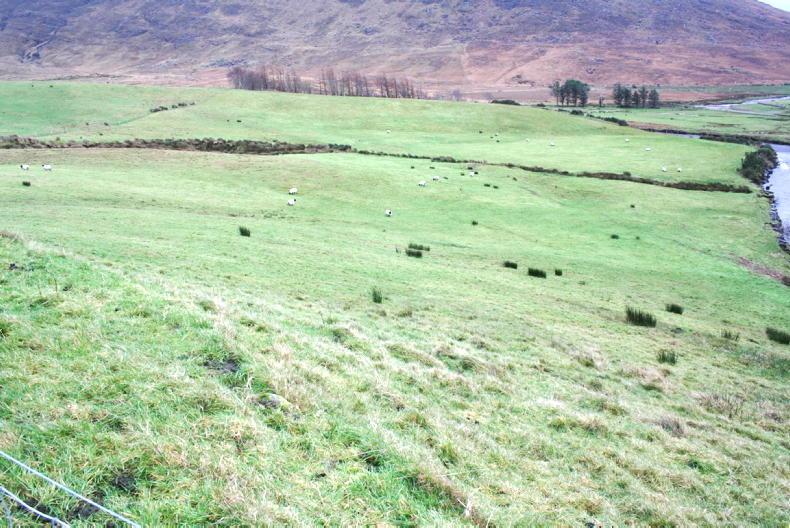
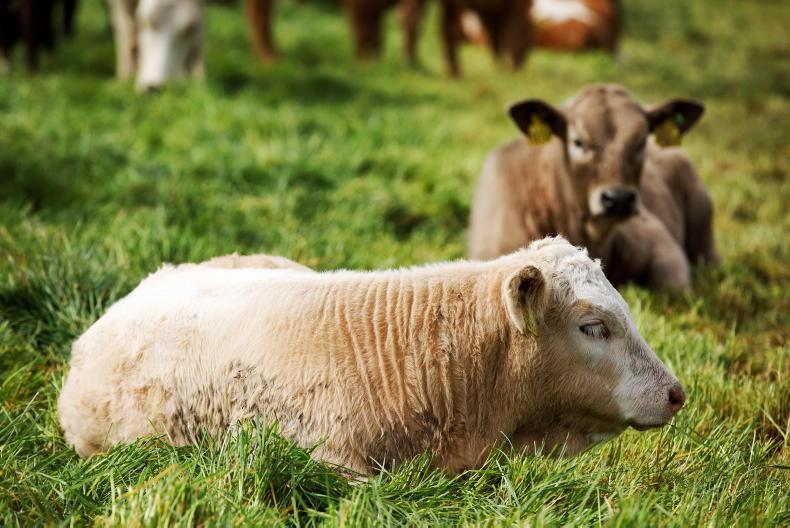
SHARING OPTIONS